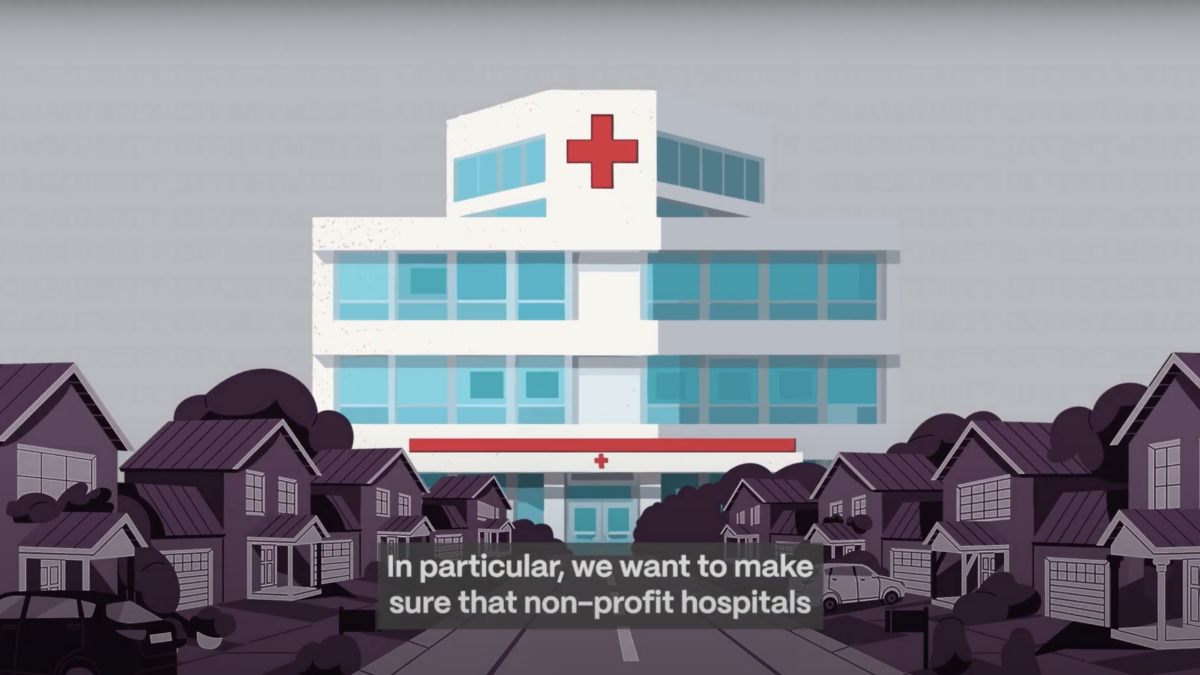The Fight Against Medical Debt: Know Your Rights and Take Action
Over 40 million people have medical debt on their credit reports, with a combined outstanding balance of approximately $88 billion. This staggering figure makes medical debt the largest source of debt in collections, surpassing credit cards, utilities, and auto loans.
What’s even more alarming is that many people facing these bills may have been eligible for financial assistance, or worse, may have been billed incorrectly for services they never received or should have been covered by their insurance. Whether insured or uninsured, the maze of medical billing is something many of us have experienced firsthand — from large bills to confusing policies that leave patients feeling overwhelmed.
The story of Dr. Bhavin Shah and Sunita Kalsariya shows just how complex and frustrating medical billing can be, even for someone familiar with the health care system. After a skiing accident led to a broken arm, Dr. Shah was faced with over $10,000 in charges for his emergency room visit. His wife, Sunita, who manages billing for his medical practice, noticed an alarming $7,000 charge for a procedure that was never performed.

Policymakers are stepping in to address these predatory practices, advocating for more transparency and accountability in hospital systems. A particular focus is on non-profit hospitals, ensuring they are truly investing back into the communities they serve. We must also strengthen the requirements for hospitals to:
- Inform patients about financial assistance.
- Prohibit the most aggressive collection actions, such as wage garnishment, property liens, and bank account seizures.
- Ban the delay or denial of medically necessary care due to outstanding medical bills.
Know Your Rights
If you find yourself hit with a large medical bill, remember that you have options:
- Review your medical bills carefully. Before paying your bill, make sure you ask for an itemized bill. Errors happen more often than you might think. Look for charges that can’t legally be collected, such as bills already paid by you or by your insurance, or handled through financial assistance or charity care programs. Dispute any charges that seem incorrect or questionable.
- File an appeal with your insurance company. Many patients are unaware that they have the right to challenge their insurance coverage or billing. More often than not, disputing it can reveal errors and potentially lead to a more affordable bill.
- Ask about financial assistance. Many hospitals offer financial assistance programs, and some are required to do so by federal or state law.
- If possible, avoid using a credit card for medical bills, especially deferred interest credit cards. Credit cards carry higher interest rates than many other forms of financing, and it is much harder to challenge medical billing errors after the amount has been charged to a credit card. Instead, ask your provider for a discount or a payment plan.
- File a complaint against debt collectors. Debt collectors must follow federal law. They can’t collect amounts that aren’t owed and they can’t make harassing or abusive calls. You can submit a complaint here.
- Pursue legal options. If all else fails, you have the option to sue debt collectors. Seek out support by contacting local legal aid organizations that can help you navigate your legal options.
The complexity of medical billing shouldn’t result in financial ruin. That’s why we’re committed to fighting back and advocating for stronger protections.
Join the movement to end medical debt by checking out our toolkit and signing our petition.
Together, we can stand up for health and economic justice.


